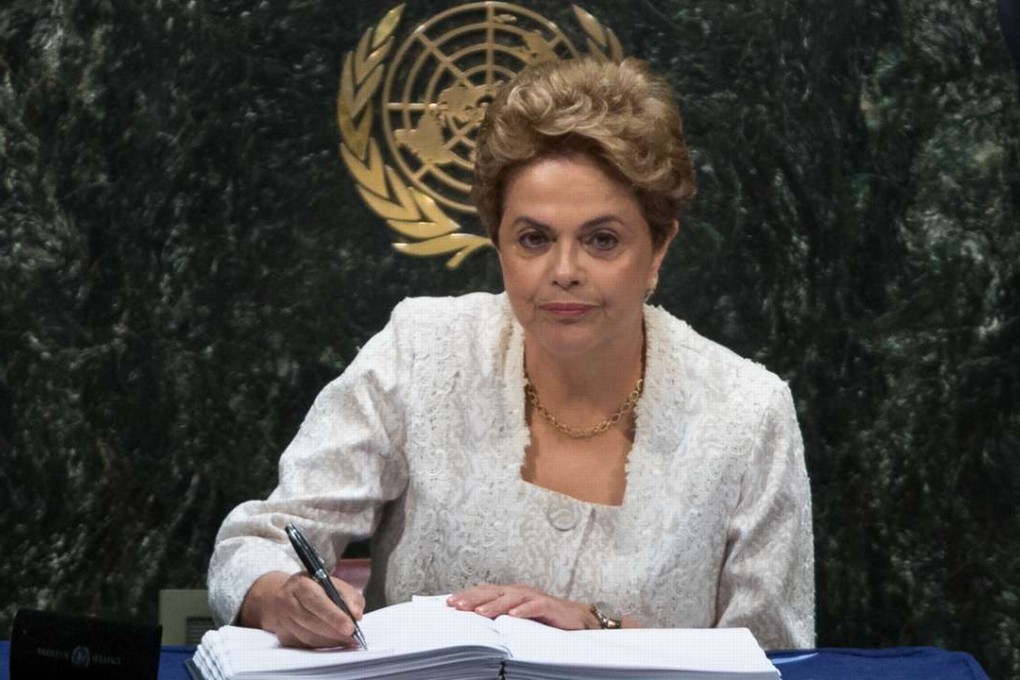Off Centre | Stop telling me women run things better than men
In politics, equality of the sexes means equality of venality

“Women are not only stronger... they’re more ethical,” said the fashion designer Donatella Versace in a recent interview, adding: “the future belongs to women.”
I have been reminded of these comments over the past few days, by the fall from grace of Brazil’s female president, Dilma Rousseff.

Rousseff is being impeached, having failed to dispel links to a scandal involving kickbacks from Petrobras, the state-owned oil conglomerate, while she was the country’s energy minister. In that fate, she is rather less fortunate than Cristina Kirchner, who was president of neighbouring Argentina until last December: Kirchner managed two full terms, despite numerous claims of corruption, misuse of public funds and falsification of public statistics against her administration.

I grant you, being completely and utterly bent is something for which Latin American politicians are renowned. And sure enough, most of Rousseff’s political opponents, including the male ones waiting to supplant her regime, also stand accused of offences: perjury, money laundering, misappropriating dosh, forging documents, you name it. Politics in Brazil sounds like a barrel of laughs, unless you’re one of the governed. But, anyway, the point is this: the route to advancing equality of the sexes taken by women like Rousseff appears to be equality of venality. What happened to being more ethical? Eh, Donatella?
